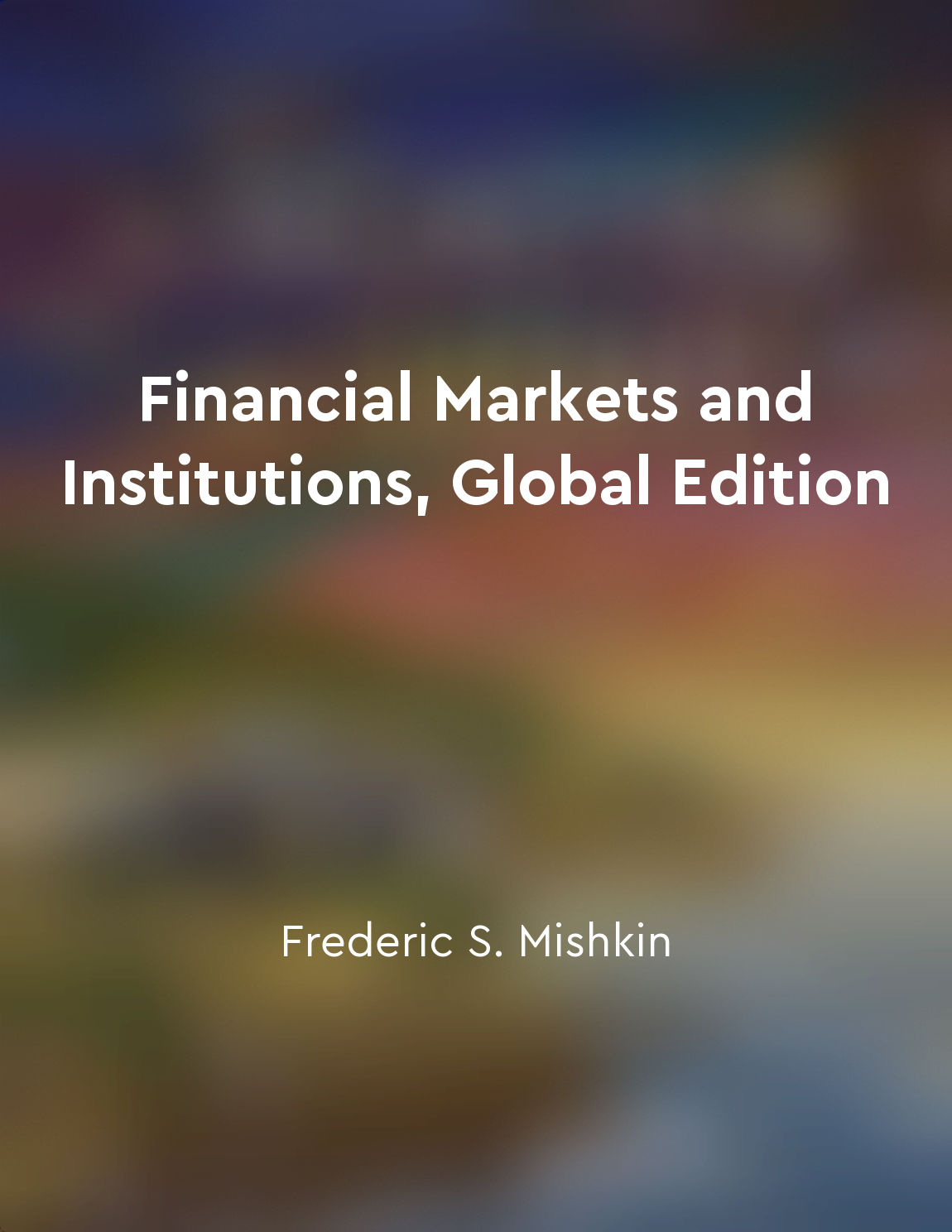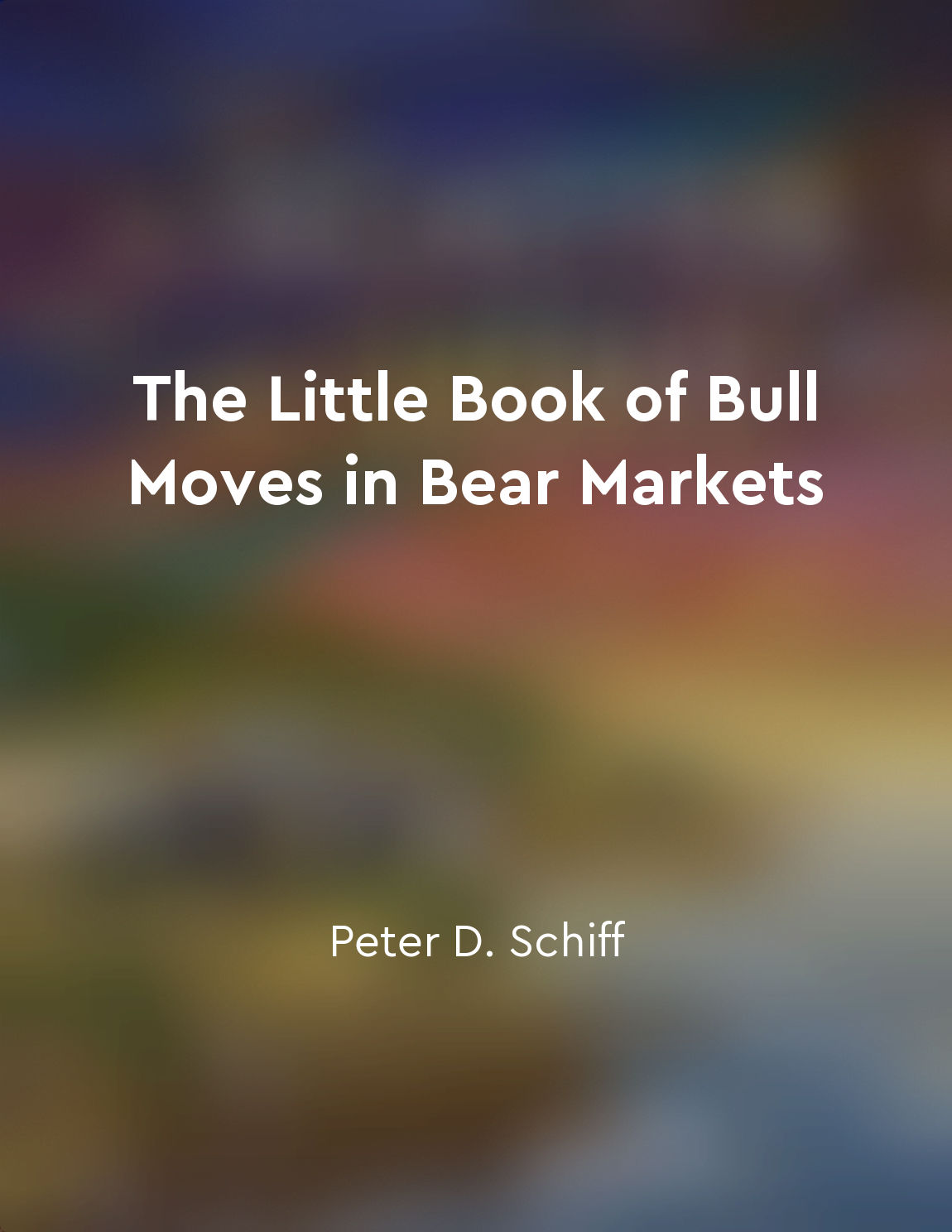Liquidity is essential for the functioning of financial markets from "summary" of The Economics of Money, Banking and Financial Markets, eBook, Global Edition by Frederic S. Mishkin
The ability to buy or sell financial assets quickly and without significantly affecting their prices is known as liquidity. Liquidity is crucial for the smooth operation of financial markets. Without sufficient liquidity, markets can become illiquid, making it difficult for investors to buy or sell assets at fair prices. In illiquid markets, investors may be forced to accept lower prices to sell assets quickly or pay higher prices to buy assets promptly. This can lead to price volatility and reduce market efficiency. Liquidity allows investors to trade assets easily, which helps ensure that prices reflect all available information and that markets are more stable. Moreover, liquidity is essential for the proper functioning of financial intermediaries such as banks and mutual funds. These institutions rely on liquidity to meet the demands of depositors or investors who may want to withdraw their funds at any time. Without sufficient liquidity, financial intermediaries may not be able to honor their commitments, leading to financial instability. In times of crisis, such as during the global financial crisis of 2008, liquidity shortages can quickly escalate into financial panics. When investors lose confidence in the ability to buy or sell assets, they may engage in fire sales, exacerbating price declines and market disruptions. Central banks and other policymakers often intervene during crises to provide liquidity to markets and prevent a full-blown financial collapse.- Liquidity plays a vital role in maintaining the functioning of financial markets. It ensures that assets can be bought and sold efficiently, helps stabilize prices, and enables financial intermediaries to meet their obligations. Without liquidity, markets can become volatile, inefficient, and prone to crises.
Similar Posts
The staggering amount of wealth lost
The staggering amount of wealth lost during the financial crisis of 2008 is almost incomprehensible. Trillions of dollars disap...
Financial crises can have significant macroeconomic consequences
Financial crises are events that occur when financial markets are disrupted, causing adverse effects on the overall economy. Th...
Entrepreneurial ventures require careful planning
The path of the entrepreneur is one fraught with uncertainty and risk. To navigate this treacherous terrain successfully, one m...
Investment in human capital is essential for growth
Investment in human capital is a critical component for achieving sustainable economic growth. Human capital refers to the skil...

The stock market provides a platform for buying and selling shares of companies
The stock market is a place where investors can buy and sell ownership shares of companies. When a company decides to "go publi...

International trade enhances global economic growth
The interconnectedness of economies through international trade has a profound impact on global economic growth. By engaging in...
AIG's collapse
In the midst of the financial crisis, AIG found itself on the brink of collapse. The insurance giant, once considered a pillar ...

Stocks offer growth potential but come with higher risk
Investors who choose to invest in stocks are often attracted by the potential for significant growth in their investments. Stoc...

The best defense against bear markets is a diversified portfolio
When it comes to protecting your investments against the unpredictable and often brutal swings of the stock market, there is on...
The connection between monetary policy and economic performance is welldocumented
The relationship between monetary policy and economic performance has been extensively studied and analyzed over the years. The...

